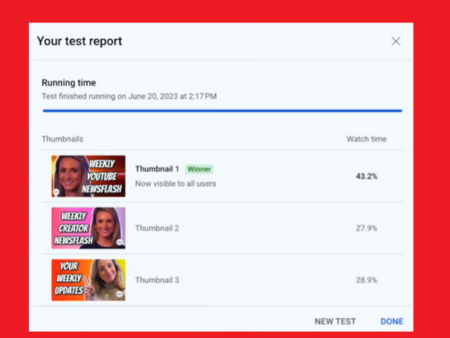The jury is still out on whether Meta’s bet on the metaverse will pay off, and whether Mark Zuckerberg’s vision of a VR-led re-imaging of how we all interact will become a reality, and transform digital connection as we know it.
But Meta remains committed to the project, investing $13 billion into VR development last year, which it’s on track to surpass again in 2022, despite the concerns of Meta shareholders.
The potential indicators are there, when you consider evolving technologies, and how youngsters already interact in metaverse-like spaces via gaming apps (Roblox, Minecraft, etc.) But VR remains an uncertain bet.
So will the metaverse really become a transformative shift – or will it remain a pipe dream that fails to connect?
In order to highlight why it’s so bullish on its metaverse bet, Meta has today shared a series of new reports, conducted by Deloitte, which aim to put a dollar amount on the potential of the metaverse in different global regions.

As you can see, according to Deloitte’s estimations, the metaverse could have a huge economic impact – though when you dig into the reports a little more, it’s questionable how those figures have been established, as the term ‘metaverse’ in this context is essentially being used as a blanket identifier to tag in all future digital technologies.
For example:
“American businesses are already using metaverse technologies to create new revenue streams and improve existing ones. US brands and retailers have already begun selling virtual versions of their products, in addition to the physical goods they already sell. Other American companies are using the metaverse to market their physical goods and enable customers to try before they buy with virtual overlays.”
So these are expanded digital use cases, but they’re not ‘metaverse’ elements as such, as they don’t require VR connectivity to use AR try-on tools and the like. The use of these technologies will certainly expand, but the metaverse, as it’s been communicated thus far, is essentially a VR world where we’ll be able to interact in more immersive, connective ways.
That, technically, could be stretched to cover AR and digital items, but I’m not sure that most people would associate all of these advances with the metaverse, as such.
Which kind of lessens the impact of the insight here, in that Deloitte has extrapolated a lot of tech advances and put them all into the ‘metaverse’ box.

But then again, going on the definition of the metaverse that they’re using, that makes some sense:
“The metaverse is a massively scaled and interoperable network of real‑time rendered 3D virtual worlds which can be experienced synchronously and persistently by an effectively unlimited number of users with an individual sense of presence, and with continuity of data, such as identity, history, entitlements, objects, communications, and payments.”
That would cover all VR and AR advancements, and even more basic 3D online experiences – but again, I’m not sure that the general public would have such a broad definition of the metaverse in mind when considering what’s coming next in the space.
The advantage for Meta in this respect is that it can package up all of these advances into a single economic impact figure, which makes the metaverse seem like it’ll be a huge boon for business. But again, when you’re considering the metaverse itself, most people, at least at this stage are thinking of this:

They’re not factoring in AR glasses and the expansion of online worlds into new realms.
But that’s pretty much what this report is all about, with a bunch of images of people in cool, futuristic-looking googles and 3D graphics.
Look, I’m not saying that the metaverse won’t work out – again, the usage trends in younger demographics do point to digital avatars and online connection becoming a much bigger deal over time. But I’m not sure that merging every potential advance together under a single ‘metaverse’ umbrella really pitches the possibilities in an accurate way, which could risk making some more skeptical, as opposed to reinforcing Meta’s decision to keep investing in its projects.
Really, this reads like a pitch deck for consulting firms to spook big businesses into updating their processes and hardware, in preparation for the next shift. Which it probably is – and while there are some interesting notes, I didn’t come away from the report more convinced that the metaverse, in terms of immersive VR interactions, is a definite winner.
But you can read for yourself and see what you think – you can download the ‘Quantifying the potential economic impact of the metaverse’ regional reports here.













